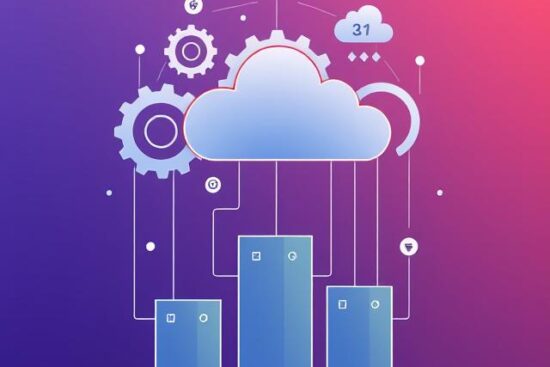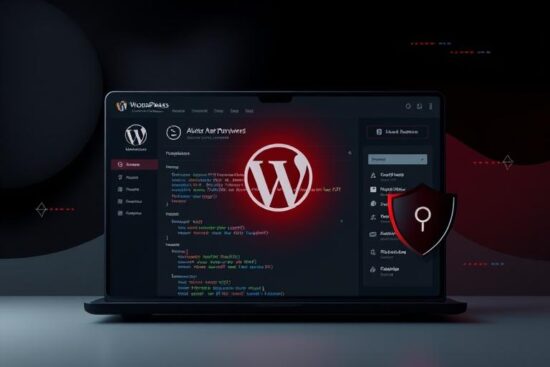From Garage to Global: The Story of a Scaling Business
In 2018, Sarah started her organic skincare line from her garage in Austin, Texas. Initially selling directly to consumers through pop-up shops and Instagram, her products quickly gained traction. By 2022, boutique retailers and wellness stores across the country were reaching out with wholesale inquiries.
But there was a problem—Sarah had no system to handle bulk orders, manage B2B pricing, or integrate wholesale workflows with her inventory. She tried adapting her D2C Shopify store, but it wasn’t scalable. Eventually, she had to migrate to a purpose-built wholesale ecommerce platform.
Sarah’s story isn’t unique. In 2025, with global B2B ecommerce expected to reach $36 trillion (Statista), wholesale sellers need robust, scalable, and automated ecommerce solutions more than ever. So how do you choose the right one?
This guide will help you make an informed decision.
Why Your Wholesale Ecommerce Platform Matters
Your wholesale ecommerce platform isn’t just a digital storefront—it’s your supply chain backbone, client manager, and growth accelerator all in one. A poor platform choice can:
- Lead to fulfillment errors
- Create poor user experiences for buyers
- Limit pricing and catalog flexibility
- Restrict scalability and automation
In 2025, the competition in wholesale is fierce. Choosing the right platform is no longer optional—it’s mission critical.
Key Features to Look for in a Wholesale Ecommerce Platform
1. Scalability and Performance
You’re not just planning for today—you’re planning for growth. Look for platforms that offer:
- Support for thousands of SKUs
- Global shipping and tax capabilities
- Multi-warehouse inventory management
Stat to note: 52% of B2B buyers say the ability to purchase seamlessly at scale is a top priority (McKinsey, 2024).
2. Custom Pricing and Discounts
Wholesale pricing varies by customer segment. Your platform should support:
- Tiered pricing by customer group
- Volume-based discounts
- Custom quotes and negotiated deals
3. Flexible Catalog Management
You might not want every product visible to every buyer. Features should include:
- Private catalogs for specific buyers
- Product visibility controls
- Category-based access permissions
Integrations and Automation
1. ERP and Inventory Sync
Ensure real-time syncing with your inventory system. Delayed or manual updates can lead to overselling and missed opportunities.
Must-have integrations:
- ERP (NetSuite, SAP, or Odoo)
- Inventory systems (TradeGecko, Zoho Inventory)
- CRM tools (HubSpot, Salesforce)
2. Payment and Invoicing Options
B2B buyers prefer flexible payment terms. Your platform should offer:
- Net 30/60/90 invoicing
- Purchase order (PO) support
- Credit line management
User Experience (UX) and Design
1. Buyer Portal Simplicity
A clunky interface turns buyers away. Look for:
- Fast, mobile-optimized portals
- Easy reorder functionality
- Saved carts and past orders
Stat to know: 74% of B2B buyers will switch vendors if the ordering process is too difficult (Forrester, 2023).
2. Self-Serve Tools for B2B Clients
Modern buyers want control. Your platform should allow:
- Downloadable invoices
- Order tracking
- Price and stock checks without contacting support
Top Wholesale Ecommerce Platforms to Consider in 2025
1. Shopify Plus with B2B features
- Best for: Businesses already on Shopify
- Strengths: Easy setup, integrated B2B tools, high scalability
- Weaknesses: Requires third-party apps for complex workflows
2. BigCommerce B2B Edition
- Best for: Manufacturers and distributors
- Strengths: Built-in B2B capabilities, flexible APIs
- Weaknesses: Slightly higher learning curve
3. OroCommerce
- Best for: Enterprise-level wholesalers
- Strengths: Advanced pricing engine, flexible catalog tools
- Weaknesses: Technical setup required
4. Magento (Adobe Commerce)
- Best for: Custom, large-scale wholesale stores
- Strengths: Extremely customizable, large ecosystem
- Weaknesses: Development-heavy, higher total cost of ownership
Security, Compliance, and Support
1. Data Security
B2B platforms handle sensitive information—customer details, financial data, product IP. Ensure your platform offers:
- SSL encryption
- GDPR compliance
- Two-factor authentication
2. Support & Community
Opt for platforms with:
- 24/7 support
- Active developer and user communities
- Documentation and onboarding support
Red Flags to Watch Out For
- Limited B2B features disguised under D2C platforms
- No native integration with your ERP
- High transaction fees with no added value
- Poor mobile experience
Conclusion: Building a Future-Ready Wholesale Channel
Choosing the best wholesale ecommerce platform in 2025 isn’t just about the tech—it’s about aligning your digital infrastructure with your growth strategy.
Think long-term. What works for you today should also work when you’re shipping pallets instead of boxes, dealing with hundreds of buyers, and expanding into new markets.
If Sarah had chosen her platform earlier, she would’ve scaled faster with fewer hiccups. Let her lesson guide your leap into smarter wholesale selling.





